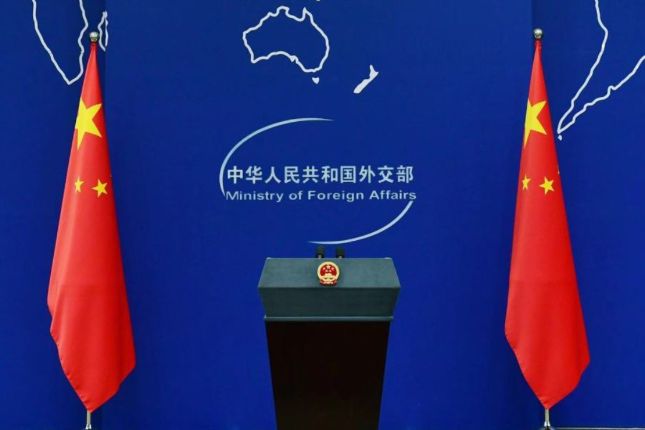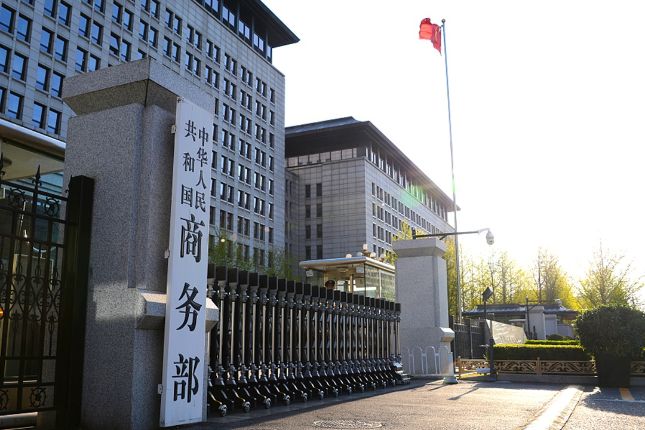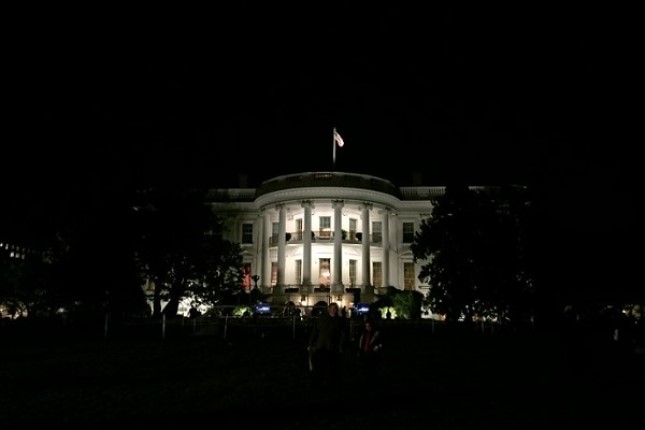The Pentagon on Thursday dismissed a report from The Wall Street Journal that claimed Beijing and Havana have reached an agreement in principle on China establishing a secret spy facility in Cuba.
When asked about the report, Pentagon spokesman Brig. Gen. Patrick Ryder said it was inaccurate. “I can tell you based on the information that we have, that that is not accurate, that we are not aware of China and Cuba developing a new type of spy station,” he said. “In terms of that particular report, no, it’s not accurate.”
The White House also dismissed the WSJ report. “We have seen the report. It’s not accurate,” said White House National Security Council spokesman John Kirby, according to Reuters.
The WSJ report cited anonymous US officials who claimed China would provide Cuba with billions of dollars as part of the agreement to build an eavesdropping station. The officials claimed the facility would allow China to gather signals intelligence, known as SIGINT, which could include the monitoring of emails, phone calls, and satellite transmissions.
The Soviet Union had a spy station in Cuba throughout the Cold War, known as Lourdes SIGINT station, which was closed by Russia in 2002. Sen. Bob Menendez (D-NJ), the hawkish chair of the Senate Foreign Relations Committee, said if China establishes a spy facility in Cuba, it would be a “direct assault upon the United States.”
But any Chinese surveillance efforts in the region would be a response to the US is constantly running surveillance operations near China, including frequent spy plane flights over the South China Sea. The US is also suspected of having SIGINT capabilities in Taiwan.
Tsai Ming-yen, the director-general of Taiwan’s National Security Bureau, said in April that Taiwan now has a “real-time” intelligence-sharing link with the Five Eyes, the Western intelligence alliance that includes the US, Australia, Canada, New Zealand, and Britain.
Source: AntiWar.
































